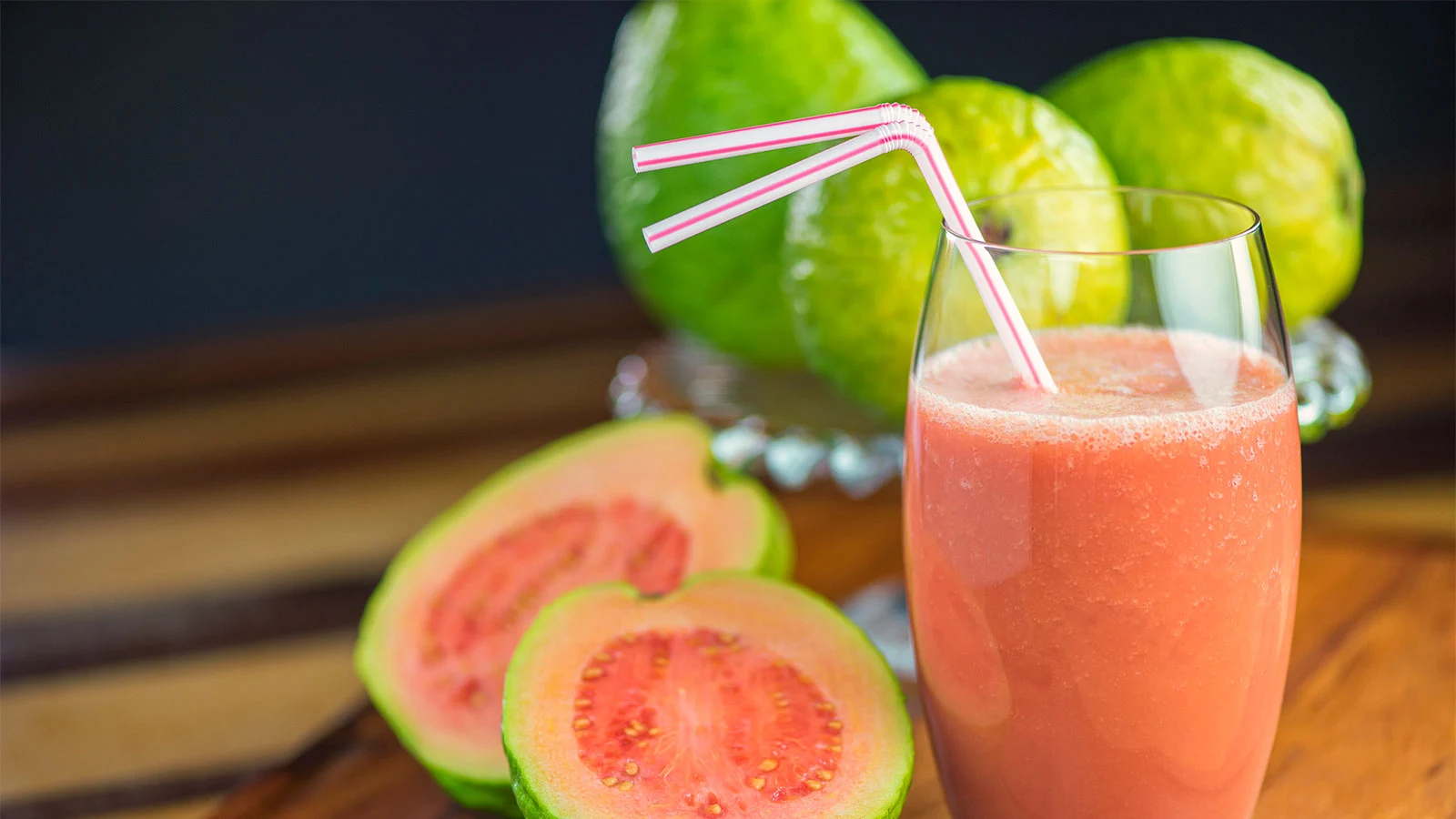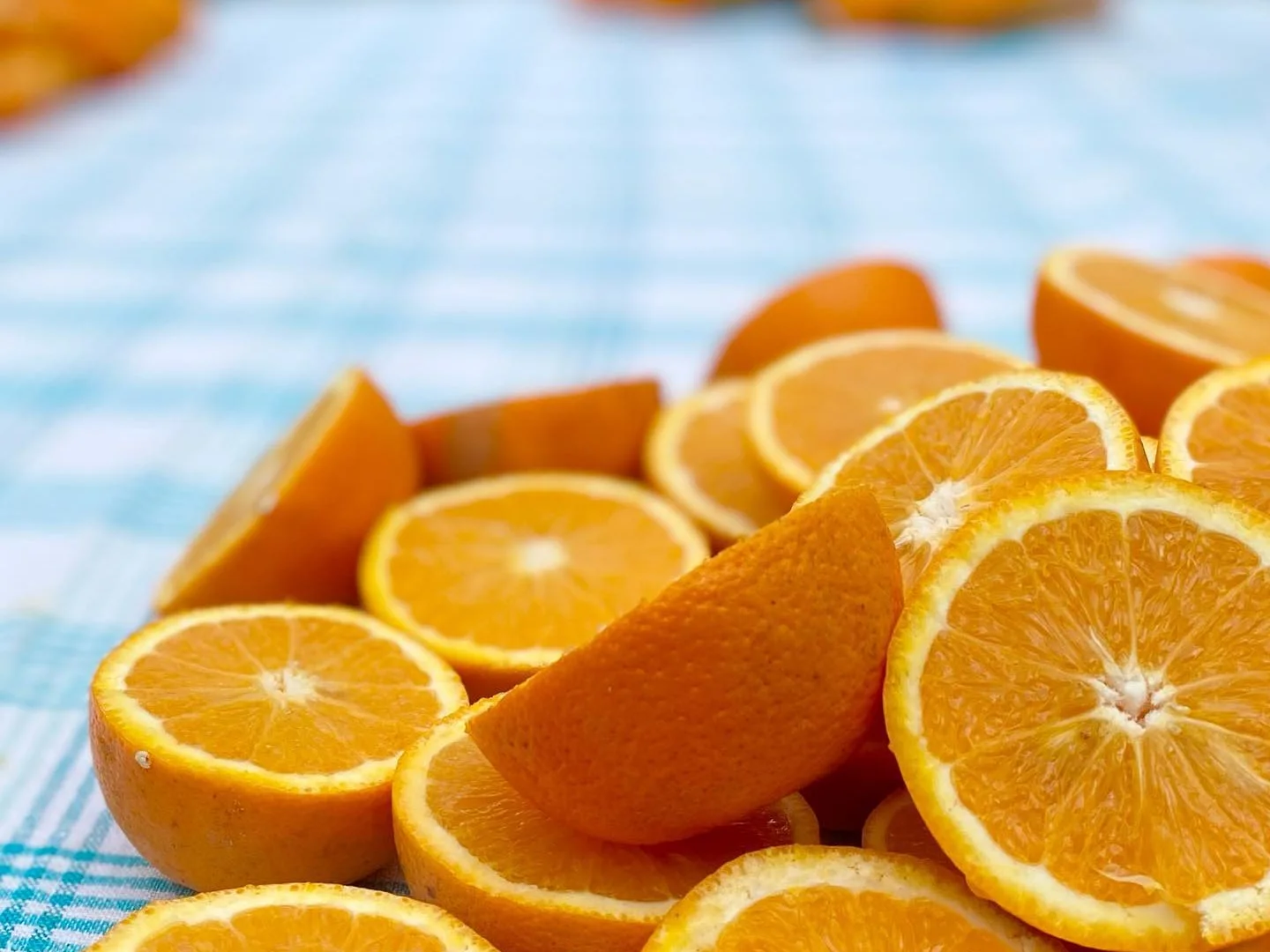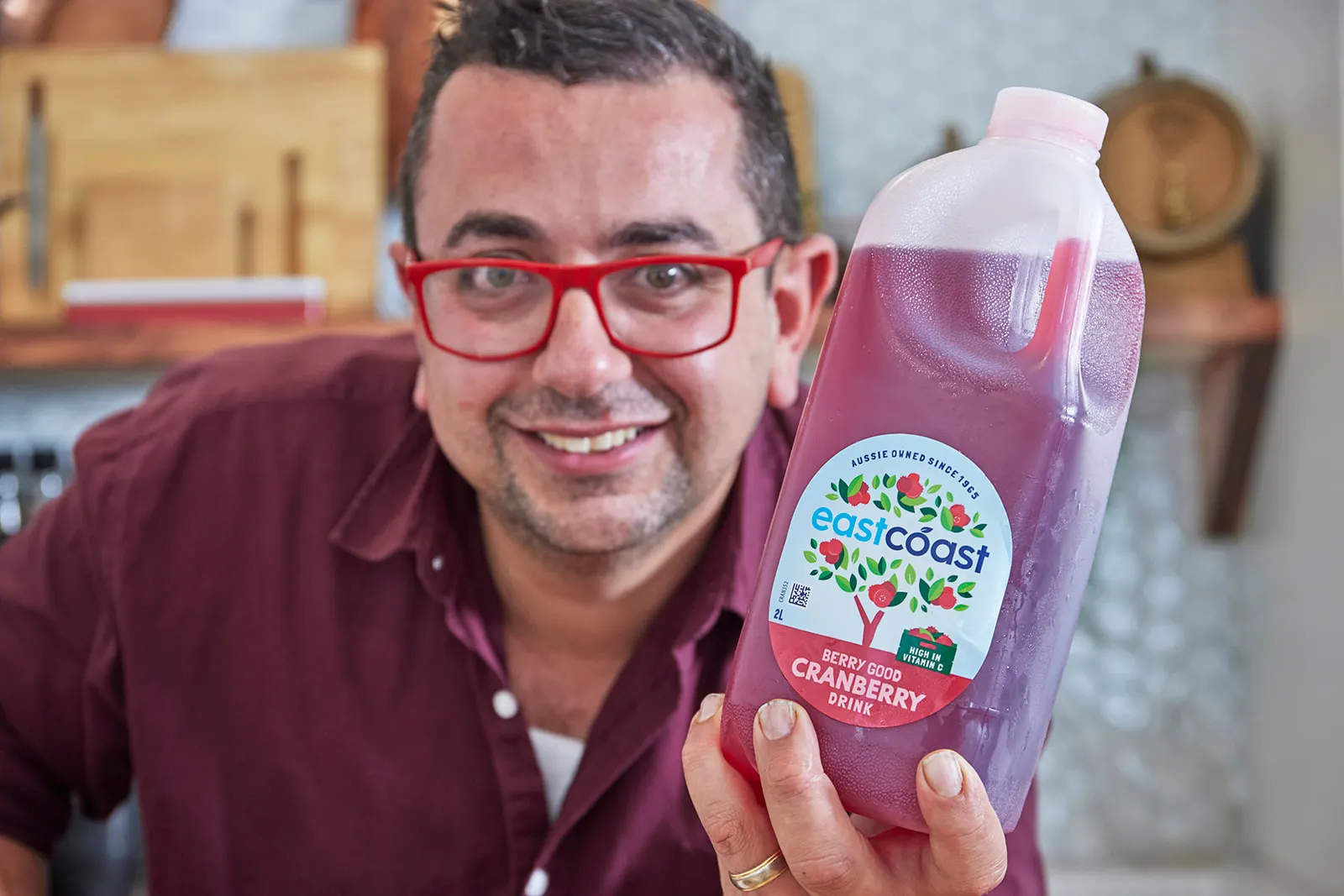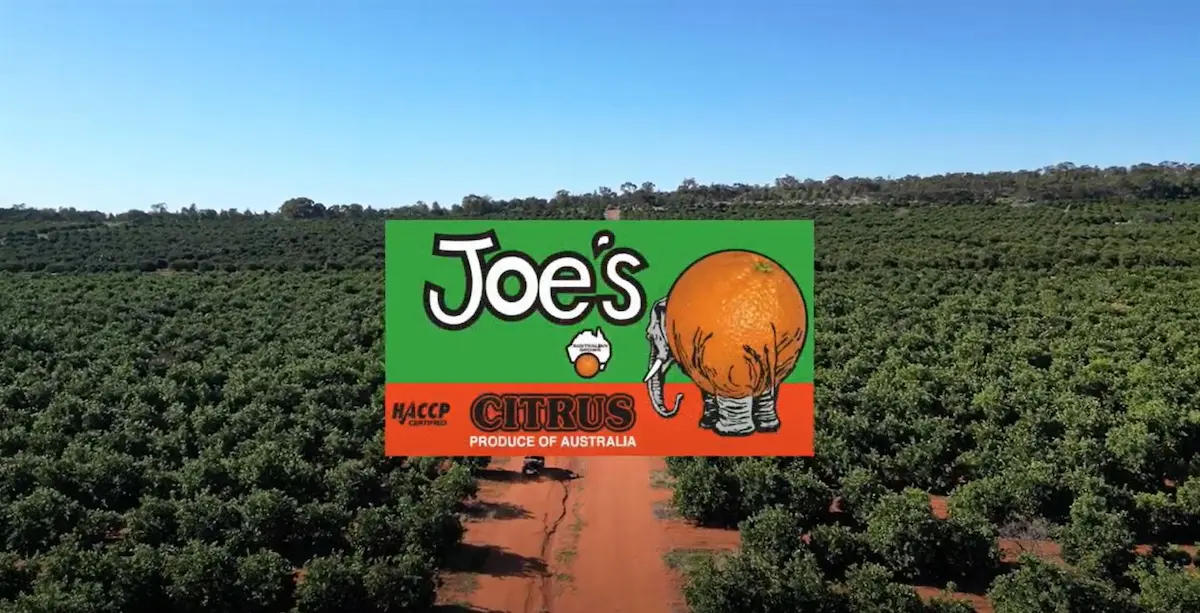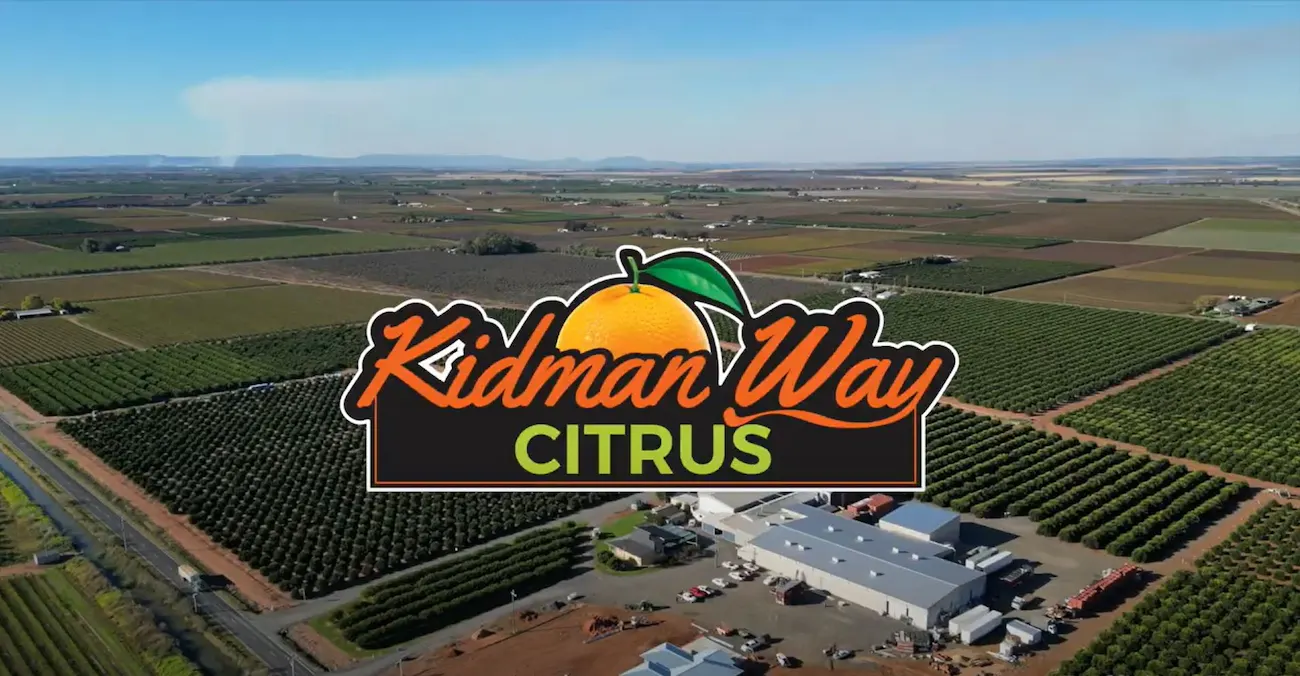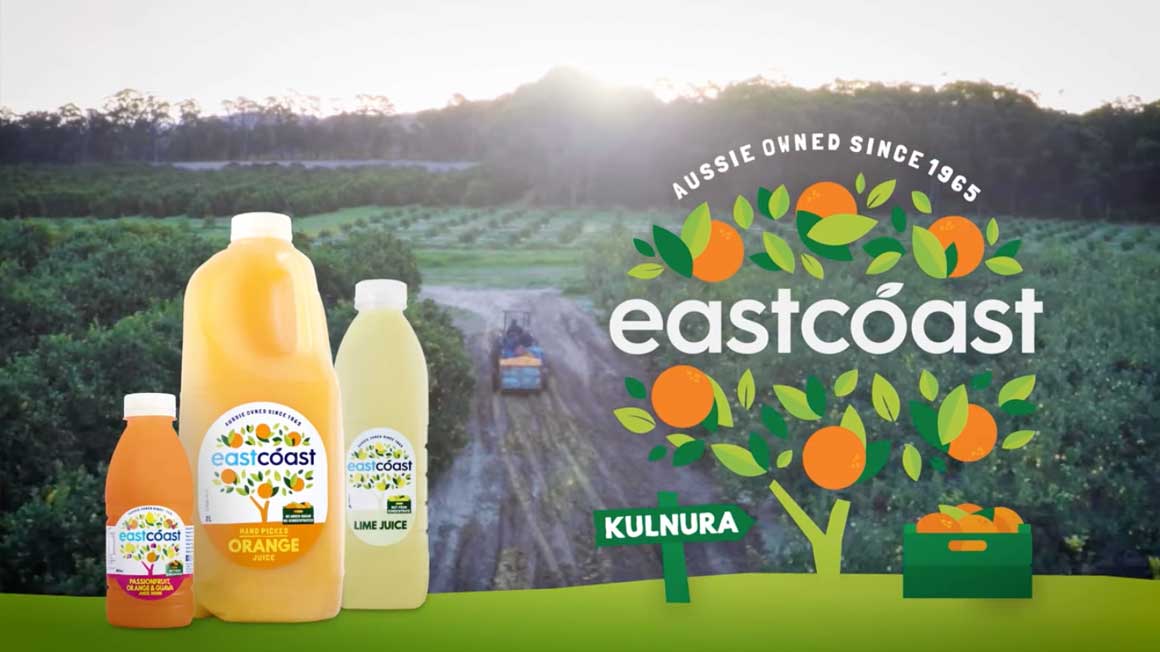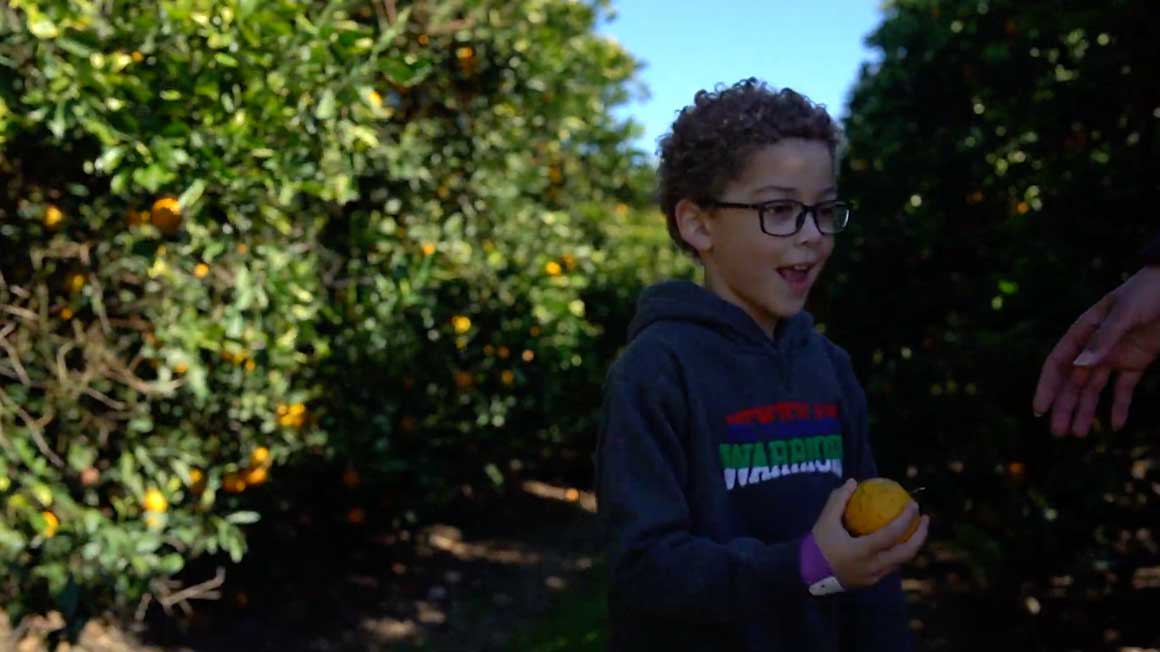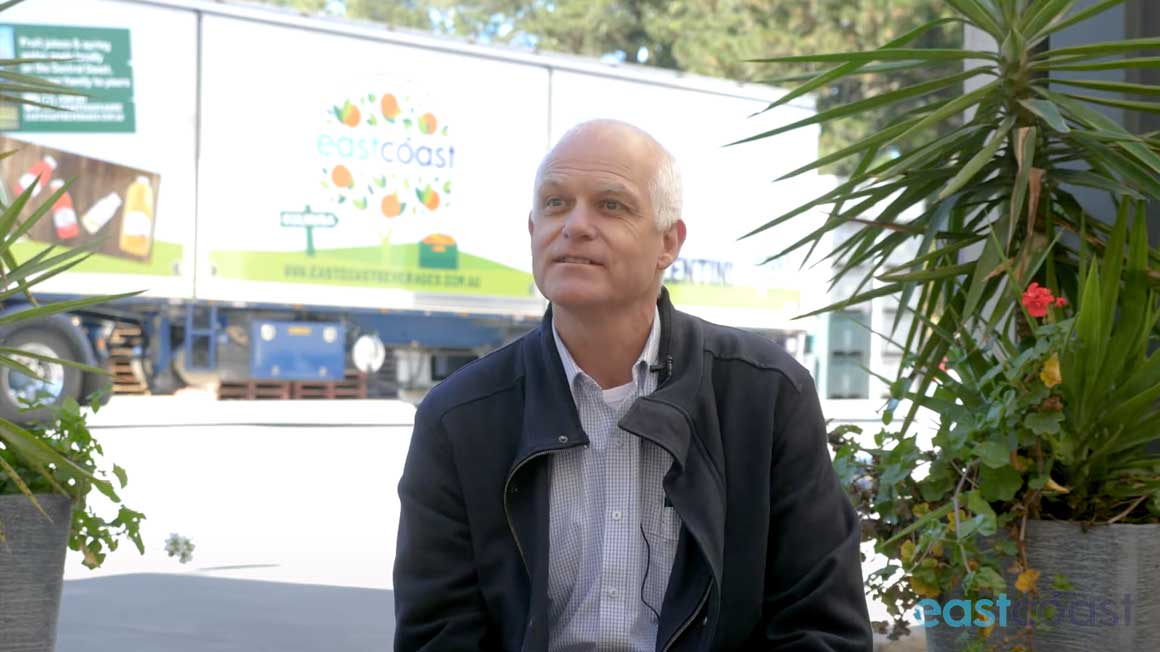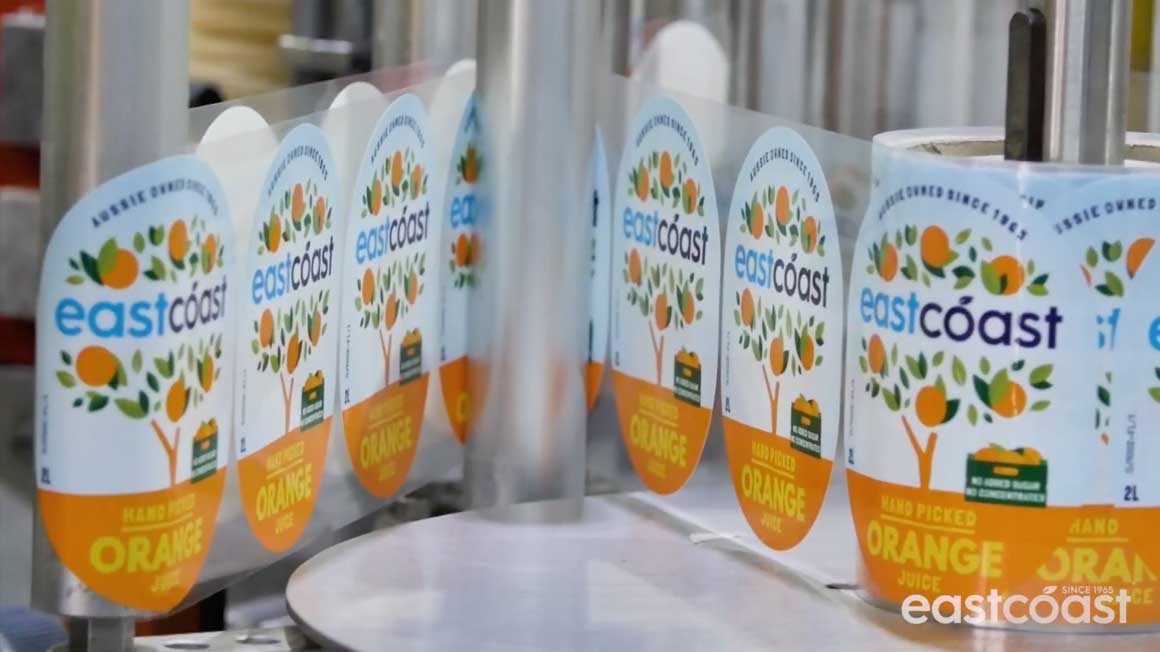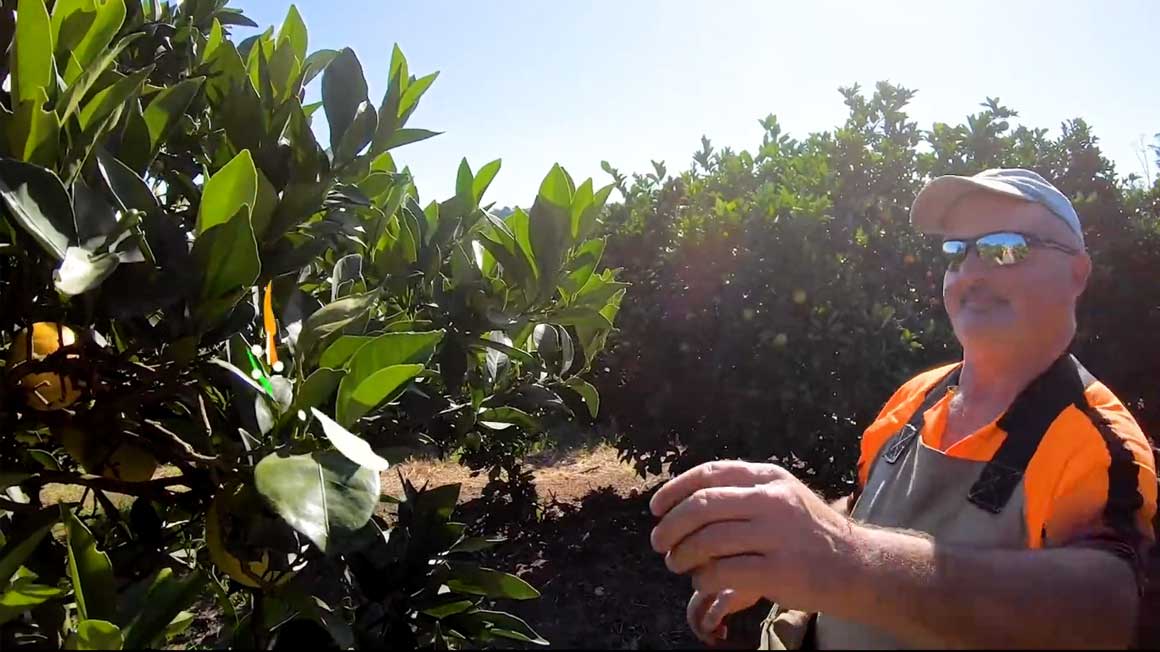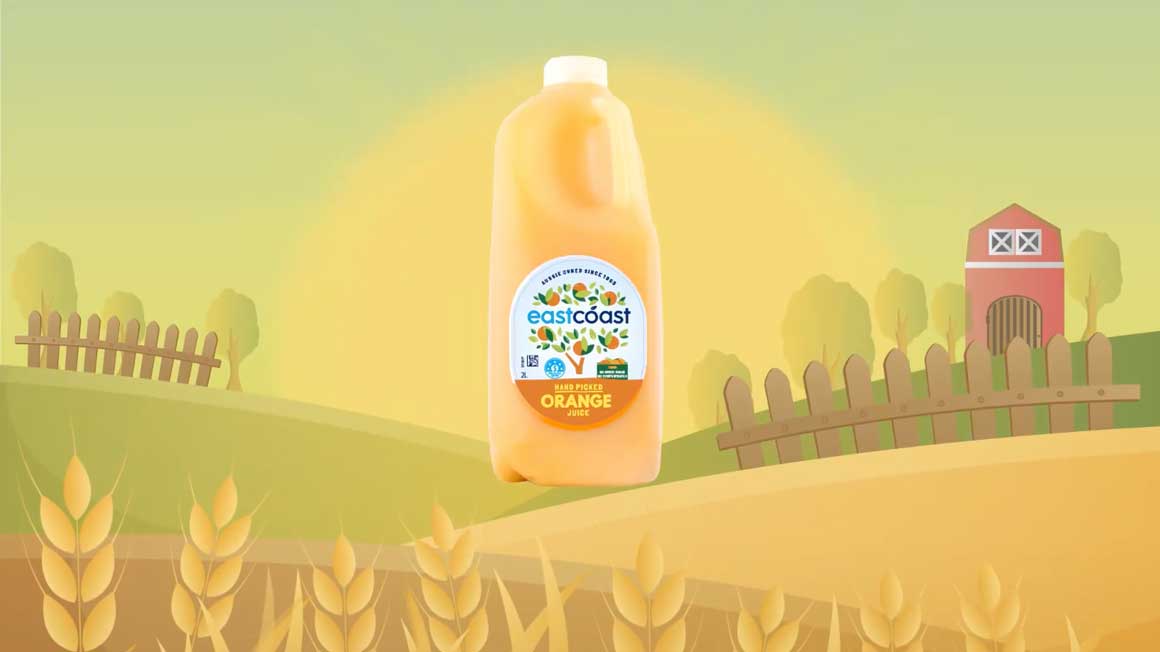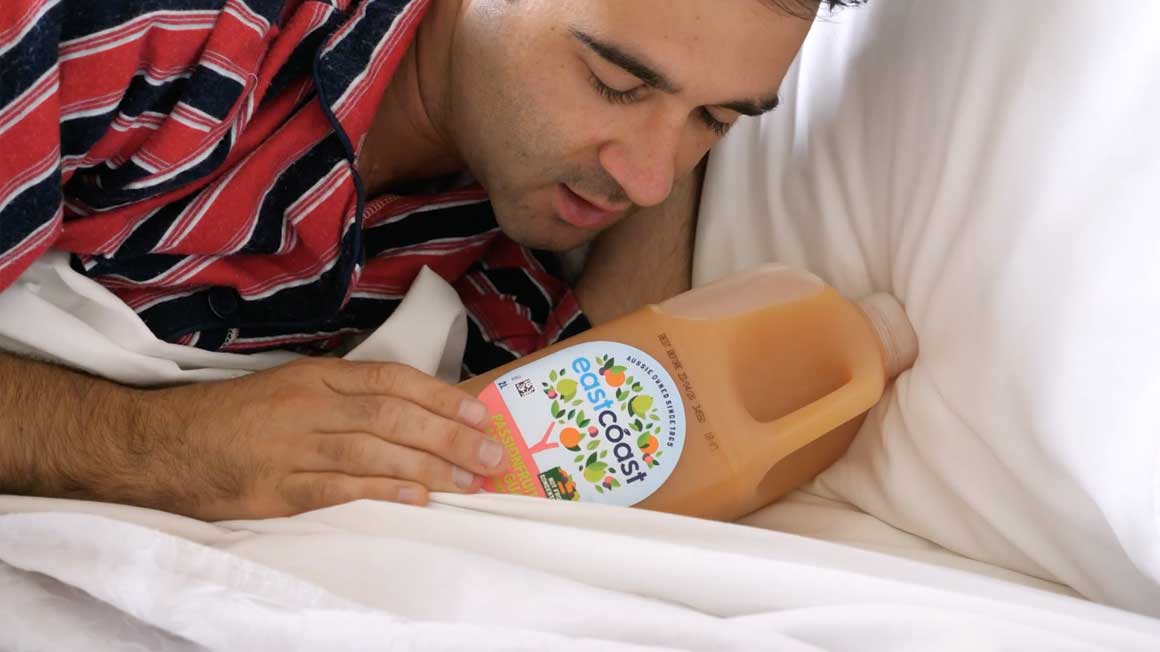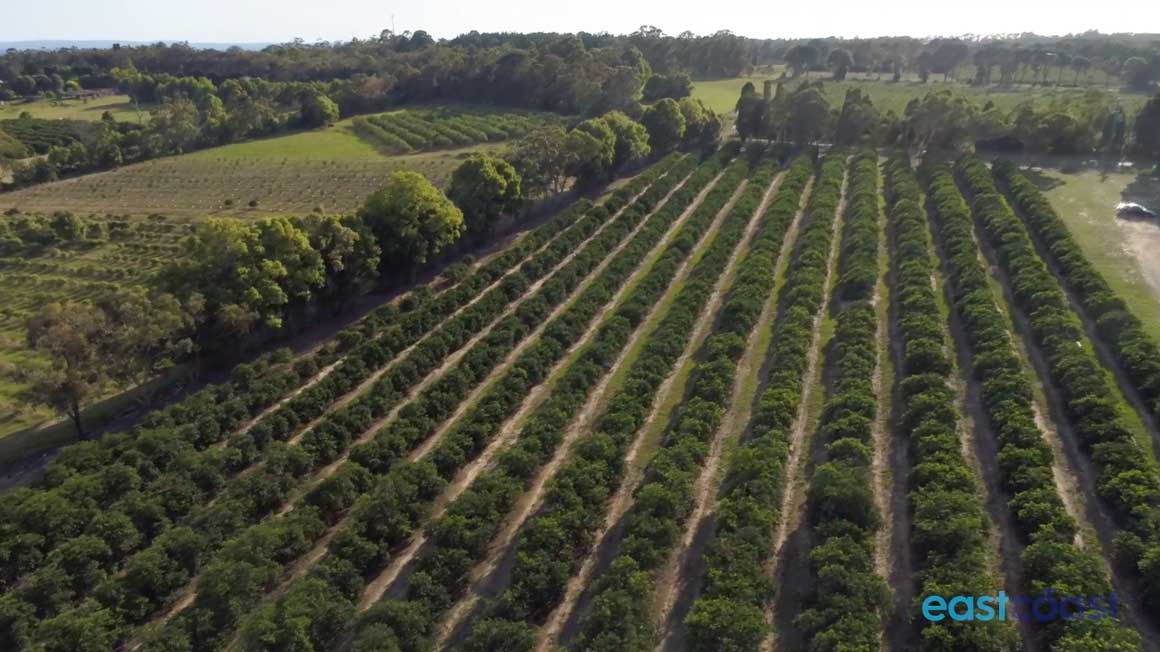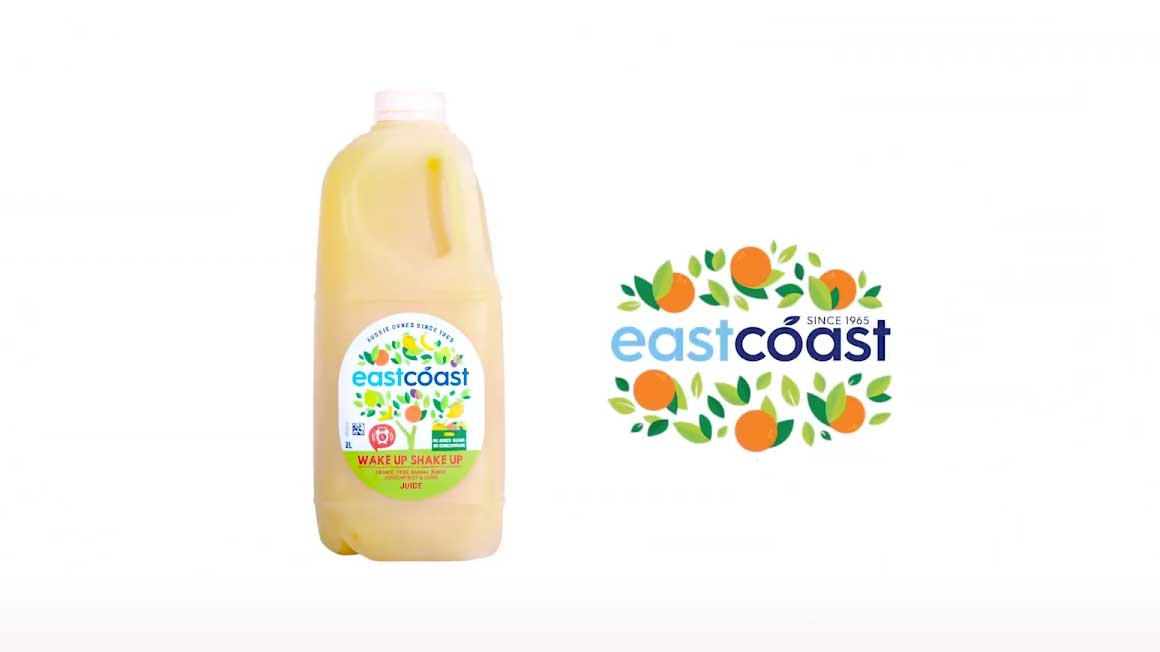Juice Wars: The Educated Truth About Concentrate vs. Not From Concentrate in 4 Key Categories
To Concentrate or Not to Concentrate?
Juice has been a beloved beverage for generations, offering a refreshing and nutritious way to quench our thirst and satisfy our taste buds. However, the modern juice aisle can be somewhat of a battleground, and when you’re spoiled for choice, knowing the distinction between concentrate and NFC is crucial to choosing your favourite fruit juice! Here is a breakdown of the key differences between these two types of juices to make your decision making easier:
Production Processes
- Concentrate Juice: This production process involves the fruit juice being extracted from the fruit, then filtered and dehydrated to remove nearly all of its water content – thus, leaving behind a concentrated juice. It is then frozen or stored aseptically to prolong shelf life. Before it gets packaged up to hit the supermarket shelves, it is reconstituted by having water added back to it, and heat pasteurised to ensure there are no yucky pathogens from the fruit. Additives to improve the taste of the juice are then occasionally added.
- NFC Juice: NFC juice is made directly from the fruit. The fruit is washed, squeezed or pressed, and pasteurised – it does not go through the concentration and reconstitution process. Because of this, it retains all of its water content, flavours, and natural sugars. For comparison, our famed orange juice would be classified as not from concentrate – along with many of our other juices from our range!
Nutritional Value
- Concentrate Juice: While concentrate juice retains some essential vitamins and minerals, the concentration and reconstitution process may lead to a slight loss of nutrients. It is generally lower in some of the more delicate nutrients, like vitamin C, compared to NFC juice.
- NFC Juice: NFC juice has a tendency to be more nutrient-rich, as it is made from fresh fruits with minimal processing. It preserves a higher concentration of vitamins, minerals, and antioxidants, making it a healthier choice for those seeking maximum nutritional benefit.
Shelf Life
- Concentrate Juice: Concentrate juice has a longer shelf life due to the removal or water content and pasteurisation. It can be stored at room temperature for extended periods and reconstituted as needed, making it a convenient choice for households.
- NFC Juice: NFC juice has a shorter shelf life because it lacks the concentration of concentrate juice. It is typically refrigerated and must be consumed within a shorter time frame to maintain its freshness and safety.
Price
- Concentrate Juice: While concentrate juice retains some essential vitamins and minerals, the concentration and reconstitution process may lead to a slight loss of nutrients. It is generally lower in some of the more delicate nutrients, like vitamin C, compared to NFC juice.
- NFC Juice: NFC juice has a tendency to be more nutrient-rich, as it is made from fresh fruits with minimal processing. It preserves a higher concentration of vitamins, minerals, and antioxidants, making it a healthier choice for those seeking maximum nutritional benefit.
When it comes to shopping for your favourite juice, it’s important to always check the label for any added sugar, preservatives or flavouring. At Eastcoast Juice, we always ensure we use the highest quality of fruit with unimpeachable integrity across our range. However, the choice between concentrate and NFC juice depends on your personal preference, nutrition goals, and budget. If you prioritise convenience and affordability, concentrate juice may be your preference. On the other hand, if you seek a fresher, more authentic taste with superior nutritional content, NFC is likely the better option for you.
To learn more about all things juice – nutrition, serving sizes, etc., head to the Australian Beverages Council Ltd (ABCL) for more information.

